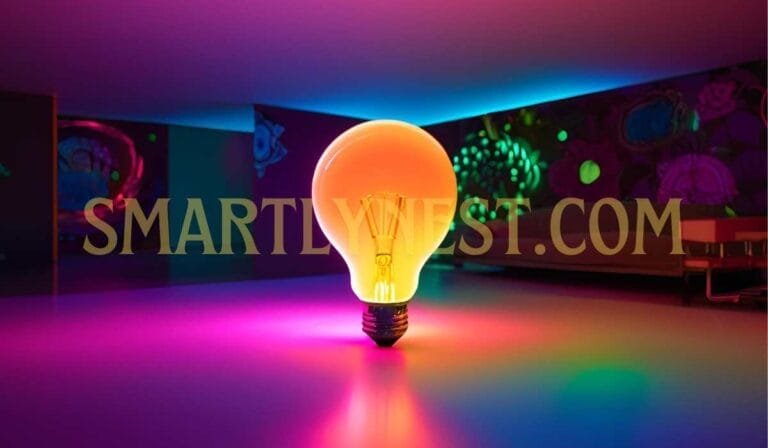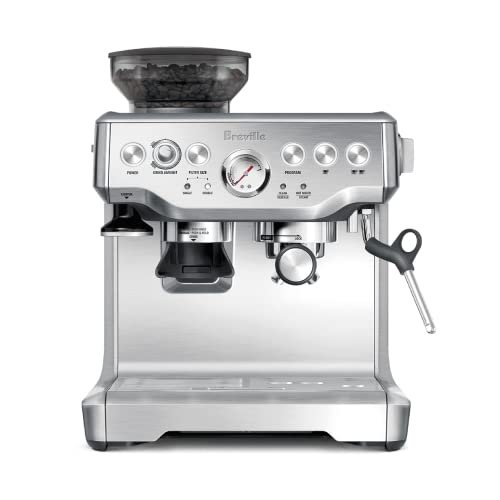
In the modern age, smart technology has infiltrated almost every aspect of our lives, and lighting is no exception. Smart light bulbs, with their ability to be controlled via apps, voice commands, and even automated schedules, have quickly become a staple in many homes. But as we eagerly embrace this new wave of convenience, a pressing question remains: Are smart light bulbs safe? Concerns about privacy, security, health, and fire hazards have left some users in the dark, wondering whether the benefits truly outweigh the risks. In this comprehensive guide, we’ll dive deep into the potential dangers of smart light bulbs and explore whether they’re really as safe as they seem.
The Dual Nature of Smart Light Bulbs: A Beacon of Convenience or a Gateway to Risks?
Smart light bulbs offer undeniable benefits. They allow us to control our home’s lighting from anywhere in the world, set the perfect ambiance with a simple voice command, and even save energy by ensuring lights are only on when needed. But with these perks come potential risks that are often overlooked in the excitement of upgrading to the latest tech.
1. Privacy Concerns: Is Someone Watching You?
One of the biggest concerns with smart light bulbs is the potential for privacy breaches. These devices often require a connection to your home Wi-Fi network, which can be a gateway for hackers. If your smart light bulb or its associated app isn’t secure, it could allow unauthorized access to your home network, potentially exposing personal information, and even your daily routines.
Many smart bulbs collect data on how you use them—such as when you turn them on and off, your preferred brightness levels, and your location. While this data is usually collected to improve user experience, it raises questions about who has access to this information and how it might be used.
2. Health Implications: Could Smart Bulbs Be Harming Your Well-being?
Another area of concern is the impact of smart light bulbs on health. These bulbs often use LED technology, which emits blue light. Prolonged exposure to blue light, especially in the evening, can disrupt your circadian rhythm, leading to sleep disturbances and other health issues. Moreover, the electromagnetic fields (EMFs) generated by smart bulbs could contribute to potential health risks, though research is still inconclusive in this area.
3. Fire Hazards: Are Smart Bulbs a Safe Option for Your Home?
Smart bulbs, like any electronic device, can be a fire hazard if they malfunction. Issues such as overheating, faulty wiring, or power surges can cause smart bulbs to short circuit and potentially start a fire. While these incidents are rare, they’re not impossible, and the consequences can be devastating.
4. Security Risks: Are Your Smart Bulbs a Target for Hackers?
The convenience of smart light bulbs comes with the risk of cyberattacks. Hackers can potentially access your smart bulbs and use them to gain entry to your entire smart home system. Once inside, they could control other connected devices, like cameras or locks, leading to significant security breaches.
5. Energy Consumption: Are Smart Bulbs Really Saving You Money?
One of the selling points of smart bulbs is their energy efficiency. However, the reality might not be as bright as it seems. While smart bulbs do use less electricity when turned off or dimmed, they constantly consume a small amount of power even when they’re not in use. This “phantom” energy consumption can add up over time, potentially negating some of the energy savings.
6. Compatibility Issues: Not All Smart Bulbs Work with Every System
Before investing in smart bulbs, it’s important to ensure they’re compatible with your existing smart home system. Some smart bulbs may not work with certain smart home hubs or voice assistants, leading to frustration and wasted money. Additionally, frequent software updates can cause compatibility issues, rendering your smart bulbs useless if they’re not regularly updated.
7. Dependence on Wi-Fi: What Happens When the Internet Goes Down?
Smart light bulbs rely heavily on a stable Wi-Fi connection. If your internet goes down, so does your ability to control your lighting remotely. In emergencies, this could be a significant drawback, leaving you without light in critical moments.
The Writer’s Special Opinion: Weighing the Pros and Cons
As someone who has extensively researched smart technology, I believe that while smart light bulbs offer incredible convenience, the potential risks cannot be ignored. The safety of smart light bulbs ultimately depends on how they’re used and the precautions taken by the user. By being aware of the possible dangers and taking steps to mitigate them, you can enjoy the benefits of smart lighting without compromising your safety or privacy.
For instance, securing your Wi-Fi network with a strong password and enabling two-factor authentication can significantly reduce the risk of hacking. Choosing smart bulbs from reputable brands that prioritize security and regularly update their software can also help protect your home. When it comes to health concerns, using smart bulbs that allow you to adjust the color temperature can minimize the impact of blue light exposure.
However, it’s important to remember that no technology is entirely risk-free. While smart light bulbs are generally safe when used correctly, it’s crucial to stay informed about the potential hazards and take necessary precautions to protect yourself and your home.
FAQ Section: Common Questions About Smart Light Bulb Safety
Are smart light bulbs safe for your health?
Smart light bulbs, especially those using LED technology, emit blue light, which can disrupt sleep if used late at night. Some people are also concerned about the electromagnetic fields (EMFs) emitted by smart bulbs. While research is ongoing, it’s wise to use these bulbs in moderation and opt for those with adjustable color temperatures to reduce blue light exposure.
Can smart light bulbs be hacked?
Yes, smart light bulbs can be hacked if they’re not properly secured. Hackers can potentially access your home network through an unsecured smart bulb, leading to privacy breaches and even control over other connected devices. To prevent this, ensure your Wi-Fi network is secure and consider using smart bulbs from reputable brands that prioritize security.
Do smart light bulbs pose a fire hazard?
While smart light bulbs are generally safe, they can pose a fire hazard if they malfunction, such as through overheating or faulty wiring. To reduce the risk, make sure to purchase smart bulbs from reputable manufacturers and regularly check for any signs of damage or overheating.
How much energy do smart light bulbs use?
Smart light bulbs are designed to be energy-efficient, but they do consume a small amount of power even when turned off due to their constant connection to your Wi-Fi network. While this “phantom” energy consumption is minimal, it can add up over time. To maximize energy savings, consider turning off the smart features when not in use.
Are smart light bulbs compatible with all smart home systems?
Not all smart light bulbs are compatible with every smart home system. It’s important to check the compatibility of the bulbs with your existing devices and hubs before purchasing. Additionally, software updates can sometimes cause compatibility issues, so regular updates and checks are necessary.
What happens to smart light bulbs when the Wi-Fi goes out?
If your Wi-Fi connection is lost, you may lose the ability to control your smart light bulbs remotely. However, most smart bulbs can still be turned on and off manually via a wall switch, so you won’t be left completely in the dark.
Do smart light bulbs collect personal data?
Yes, many smart light bulbs collect data on usage patterns, such as when and how often they’re used. This data is generally used to improve the user experience, but it raises privacy concerns about who has access to this information. It’s important to read the privacy policy of your smart bulb’s manufacturer and take steps to protect your data.
Conclusion: Light Up Your Home with Confidence
Smart light bulbs are a fascinating innovation that brings both convenience and challenges to modern living. While they offer a wealth of benefits, from energy savings to enhanced home security, it’s important to be aware of the potential risks. By staying informed and taking proactive steps to secure your devices, you can enjoy the advantages of smart lighting without compromising your safety or privacy.
In the end, smart light bulbs are as safe as you make them. With careful consideration and responsible use, they can illuminate your home and life in ways that traditional bulbs simply can’t. So go ahead, embrace the future of lighting, but do so with the knowledge and precautions necessary to keep your home safe and secure.







